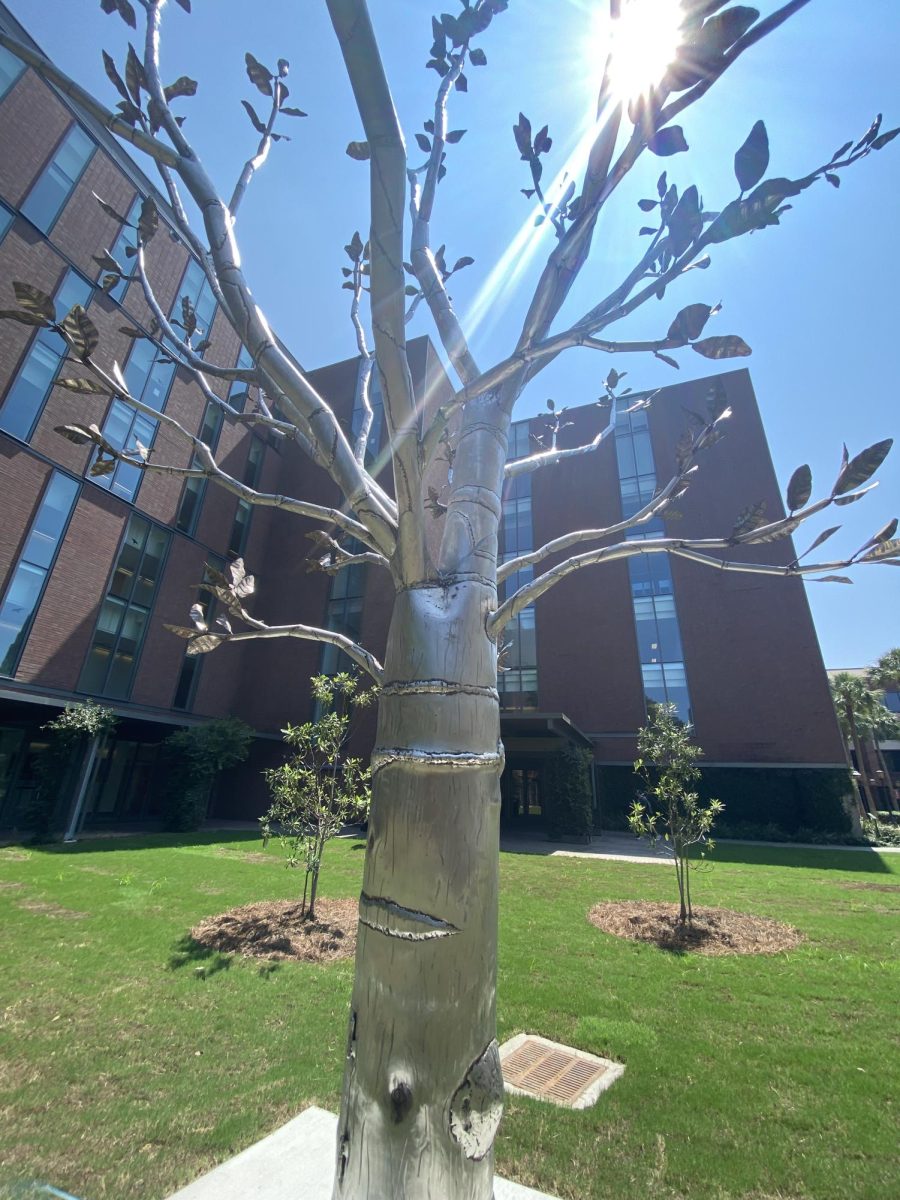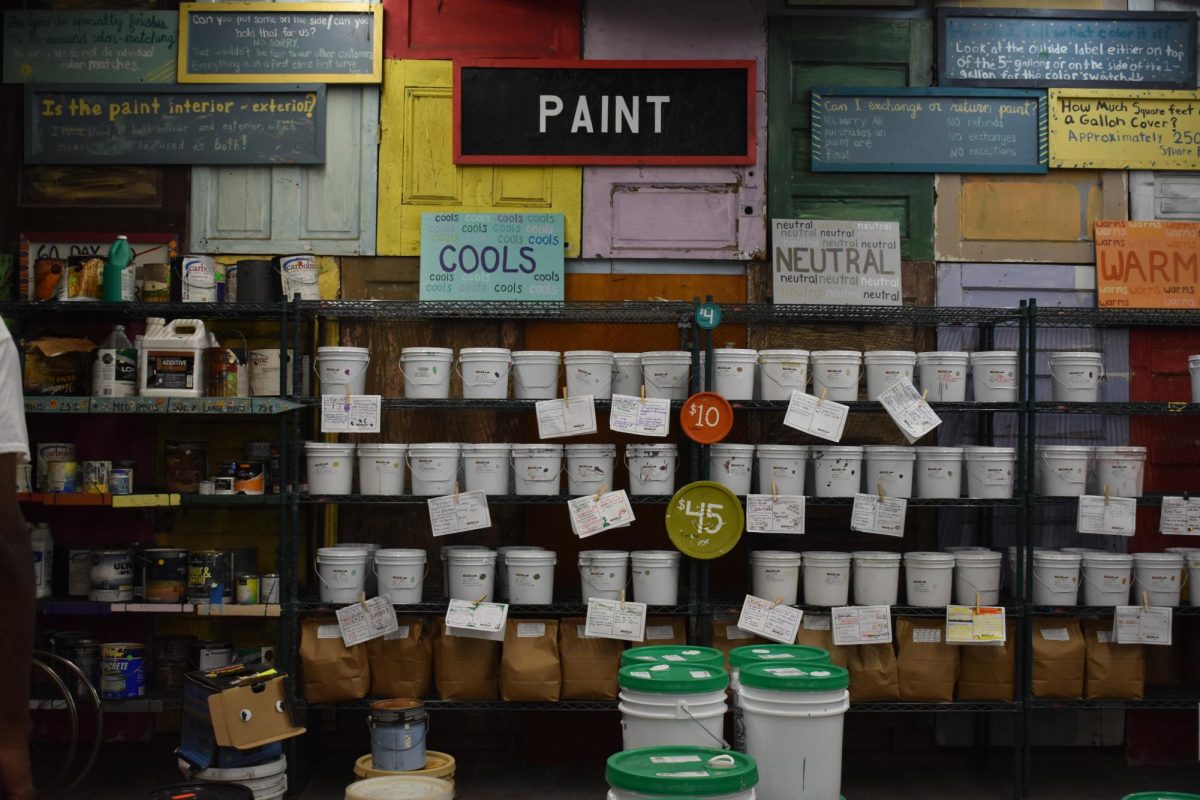For the past two years, Loyola University Student Sociology Organization has focused its attention on an education survey of public school teachers in New Orleans.
Max Ciolino, sociology senior and president of LUSSO, and sociology graduate Kelly Frazier recently finalized and presented their research: Voices from the Classroom: New Orleans teachers on education reform.
Ciolino and Frazier worked with the dean of social sciences, Dr. Luis Miron, and with the Institute for Quality and Equity in Education to develop a design of how to conduct the research, said Alex Hancock, programs coordinator for the Institute for Quality and Equality in Education.
“In May 2009, we began to work on the project. LUSSO was starting up again and we thought, ‘We’re a bunch of students. What can we do?’ Dr. Miron gave them some ideas, and I worked with them to help design what schools to go to, and helped them develop the questionnaire, which was a very long process,” Hancock said.
“One of our goals was to provide an outlet for Loyola sociology students to gain experience conducting a real exploratory research project,” Ciolino said. “Another was to gather and project the opinions and viewpoints of teachers regarding the present and future of education reformation in New Orleans. And our final goal was to identify possible solutions or recommendations for the New Orleans school system. Our tertiary goal was to not get anyone fired, which we succeeded in,” Ciolino said.
“The project almost didn’t happen because after the first year of planning, the original methodology didn’t work, and the research adviser left Loyola. I was about to quit, but then Kelly sent me an e-mail and she brought in a new wave of enthusiasm. I couldn’t have done it without her,” Ciolino said.
After Hurricane Katrina, there was an education reform in New Orleans.
“We now have three separate districts within the boundaries of the city: the Orleans Parish School Board, which directly operates four schools and chartered out 13 schools; the Recovery School District, which directly operates 23 and chartered 46; and the Board of Elementary and Secondary Education, which has three charter schools,” Ciolino said. “We interviewed 10 teachers who worked at charter schools, and 10 who worked at directly run schools,” Frazier said.
When the research results were released at a reception on April 12, many audience members commented on how teachers’ opinions contrasted in Recovery School District schools and directly run schools.
For example, the research found that “all but one charter school teacher claimed that they felt good about the student-teacher ratio, whereas only one directly-run school teacher claimed that they felt good about the number of students per teacher,” Ciolino said.
“We wanted to be more comprehensive (with the research), but we didn’t have the funds. But I think we did a great job to give a more complete understanding of the public education system in New Orleans,” Ciolino said.
“This project was a great outlet for students to get experience in research, and hopefully it will create precedent for LUSSO,” Hancock said.
There were 20 students helping Frazier and Ciolino on the project as well. Some did interviews and others transcribed the interviews.
“This research was also great for New Orleans. They gathered immense amounts of information on a lot of things that have not been documented. All research builds off of other research, and a lot can be built off of this research,” Hancock said. Ciolino and Frazier gathered over 400 pages of research.
“This research project itself as a case study is very important right now. For so long, we’ve neglected our ineffective public school system. This forces us to address the issues, it exposed the flaws and forces us to deal with it head-on. I think it’s good that Loyola students are taking the initiative; this kind of work is so rooted in our Jesuit identity and New Orleans,” said Kristen Lee, political science senior, who was presented the research results.
Yvonne Cappel-Vickery can be reached at [email protected]





